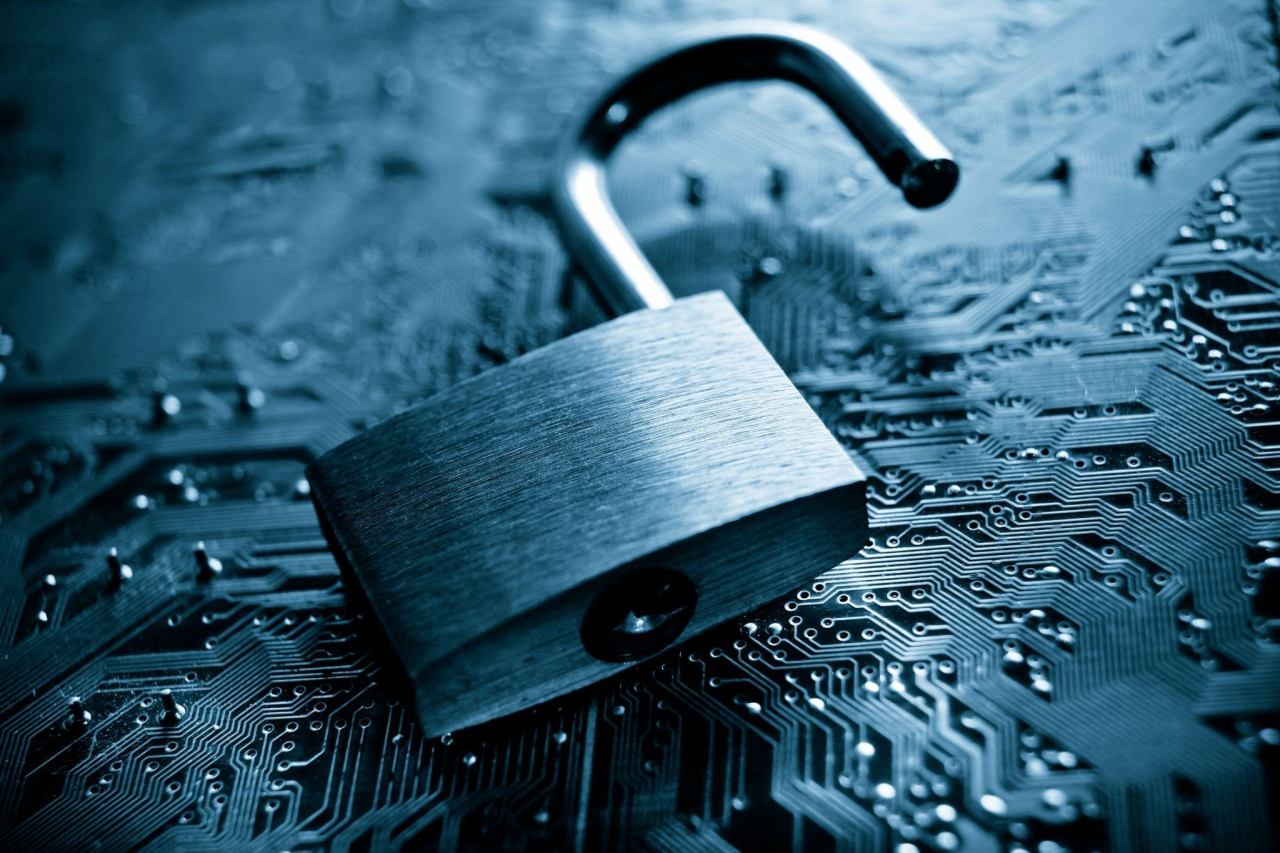Understanding the use of a recording as evidence in the court in South Korea
By Korea HeraldPublished : Dec. 21, 2023 - 13:27

Evidence is any information that can be used to support or refute a legal argument. Direct evidence directly proves a fact, while circumstantial evidence does not directly prove a fact yet implies a fact.
Evidence includes physical objects, recordings, documents etc. Proving a fact with an evidence in the court hugely affects the outcomes of the trial. At this juncture, a better understanding on the evidence in court in Korea will be examined with Daeun Han, attorney at law.
Q. Will a person who records a private conversation between other individuals be punished?
According to the protection Of Communications Secrets Act, Article 3 (Protection of Secrets of Communications and Conversation), No one shall record or listen to any conversation between others that are not made public, without recourse to this Act; the Criminal Procedure Act or the Military Court Act. According to the protection Of Communications Secrets Act, Article 16, a person who has recorded on any conversations between other individuals in violation of the provisions of article 3 shall be punished by imprisonment with labor for not less than one year but not more than ten years or by suspension of qualification for not more than five years.
Q. Is it illegal if a person participating in a conversation records the conversation without the another's consent?
According to the protection of Communications Secrets Acts, it is illegal to record conversations between other individuals. Therefore, if a person records a conversation between himself/herself and another person, it is not illegal as it is not categorized as a recording a conversation between two other individuals.
Q. Can a recorded file with violation against ‘the protection of communications secrets act’ be used as evidence in the criminal court?
Criminal Procedure Act, Article 308-2 (Exclusion of Evidence Illegally Obtained) states that any evidence obtained in violation of the due process shall not be admissible. Therefore, in principle, if a recording that was obtained with violation of the protection of communication secrets acts is submitted as evidence to the court in a criminal case, it may be disagreed with the use of the recordings as evidence, which means that the recording cannot be used as evidence in a trial.
Q. Can a recorded file with violation against ‘the protection of communications secrets act’ be used as evidence in the civil court?
Civil Procedure Act, article 202 states that a court shall determine, by its free conviction, whether or not an allegation is true, by taking account of the the results of examination of evidence, on the basis of the ideology of social justice and equity in accordance with the principles of logic and experiences. With that said, previous judicial precedents in civil cases admitted the admissibility of recordings obtained with violation of the Protection of Communications Secrets Act, stating that “Under our civil litigation legal system that adopts the principle of free deliberation, it cannot be concluded that the recording transcript is inadmissible as evidence just because the conversation was secretly recorded without the other party knowing, and the decision to accept the evidence is in fact at the discretion of the court.”
Law firm Law-Win’s international litigation advisory team was established to effectively resolve domestic and international legal disputes without language barriers, working with competent attorneys specialized in various practical areas such as criminal law, civil law, bankruptcy, etc., as well as with 49 interpreters skilled in over 14 languages. (English, Sinhala, Tamil, Thai, Arabic, Russian, French, Mongolian, Chinese, Burmese, Japanese, Khmer, German, Vietnamese and Uzbek) -- Ed.
-
Articles by Korea Herald






![[Weekender] Korean psyche untangled: Musok](http://res.heraldm.com/phpwas/restmb_idxmake.php?idx=644&simg=/content/image/2024/05/02/20240502050841_0.jpg&u=)


![[Eye Interview] 'If you live to 100, you might as well be happy,' says 88-year-old bestselling essayist](http://res.heraldm.com/phpwas/restmb_idxmake.php?idx=644&simg=/content/image/2024/05/03/20240503050674_0.jpg&u=)








![[Herald Interview] Director of 'Goodbye Earth' aimed to ask how we would face apocalypse](http://res.heraldm.com/phpwas/restmb_idxmake.php?idx=652&simg=/content/image/2024/05/03/20240503050732_0.jpg&u=)
